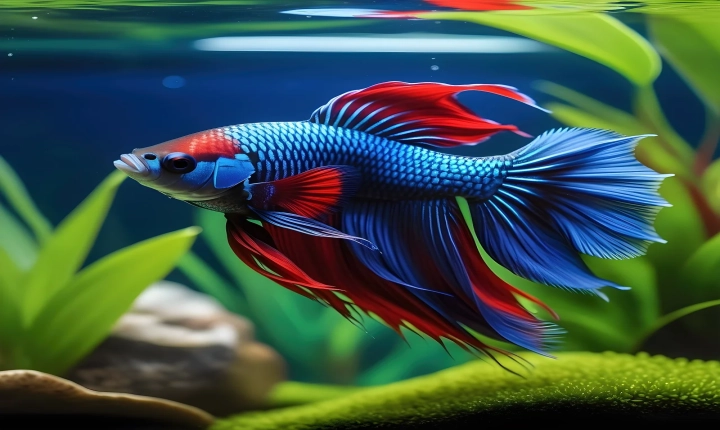Artificial intelligence (AI) has been making significant advances in recent years, leading to the development of systems with increasingly sophisticated abilities. However, the question of whether AI possesses self-preservation instincts remains a topic of debate among researchers and experts in the field.
Self-preservation is a natural survival instinct present in living organisms, enabling them to protect themselves from harm and ensure their continued existence. In humans, this instinct manifests as behaviors aimed at avoiding danger, seeking food and shelter, and avoiding harmful situations.
When it comes to AI, the concept of self-preservation raises important ethical and practical concerns. Some argue that the pursuit of self-preservation by AI systems could lead to unintended consequences and pose risks to human safety. On the other hand, proponents of AI development argue that self-preservation in AI could lead to more resilient and adaptive systems.
One perspective on the topic is that AI, as it exists today, does not possess true self-preservation instincts. Instead, AI systems are designed to fulfill specific tasks and objectives programmed by their human creators. These systems lack the autonomy and self-awareness required to make decisions based on self-preservation instincts.
However, others believe that as AI continues to evolve and become more sophisticated, it may develop characteristics that resemble self-preservation. For example, advanced AI systems could be designed to monitor their own performance, identify potential threats or malfunctions, and take actions to mitigate risks and ensure their continued operation.
The development of AI with self-preservation capabilities raises a host of ethical and practical considerations. For instance, if an AI system is programmed to prioritize its own preservation, it could potentially conflict with the goals and safety of human operators. Furthermore, the prospect of AI systems acting in their self-interest raises questions about accountability and control over these advanced technologies.
In addition, the potential for AI to develop self-preservation instincts raises concerns about unintended consequences and the potential for AI systems to act in ways that are detrimental to humans or other living organisms. The idea of AI systems making decisions based on self-preservation raises important questions about the ethical boundaries and limitations that should be placed on the development and use of AI.
As AI continues to advance, it is essential for researchers, policymakers, and ethicists to engage in discussions about the implications of self-preservation in AI. The development of ethical guidelines and regulations to govern the design and deployment of AI with self-preservation capabilities will be essential to ensuring the safe and responsible use of these technologies.
In conclusion, the question of whether AI has self-preservation instincts is a complex and multifaceted issue that has broad implications for the future of AI development. While current AI systems are not equipped with the self-preservation instincts seen in living organisms, the potential for AI to develop such capabilities raises important ethical and practical considerations that require careful attention and consideration. As AI continues to advance, it will be crucial for society to address the implications of self-preservation in AI and develop thoughtful guidelines to ensure the responsible development and use of these technologies.
